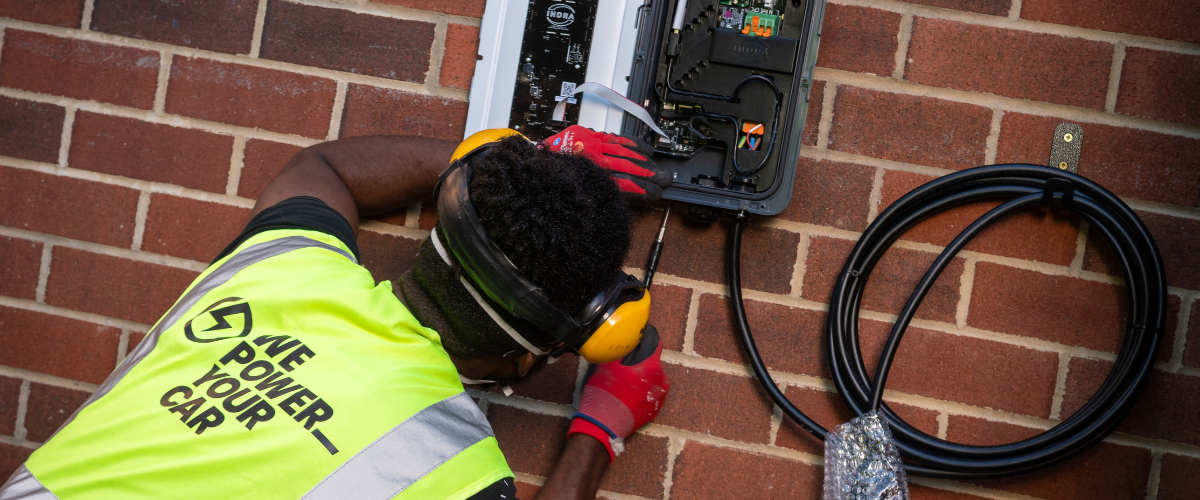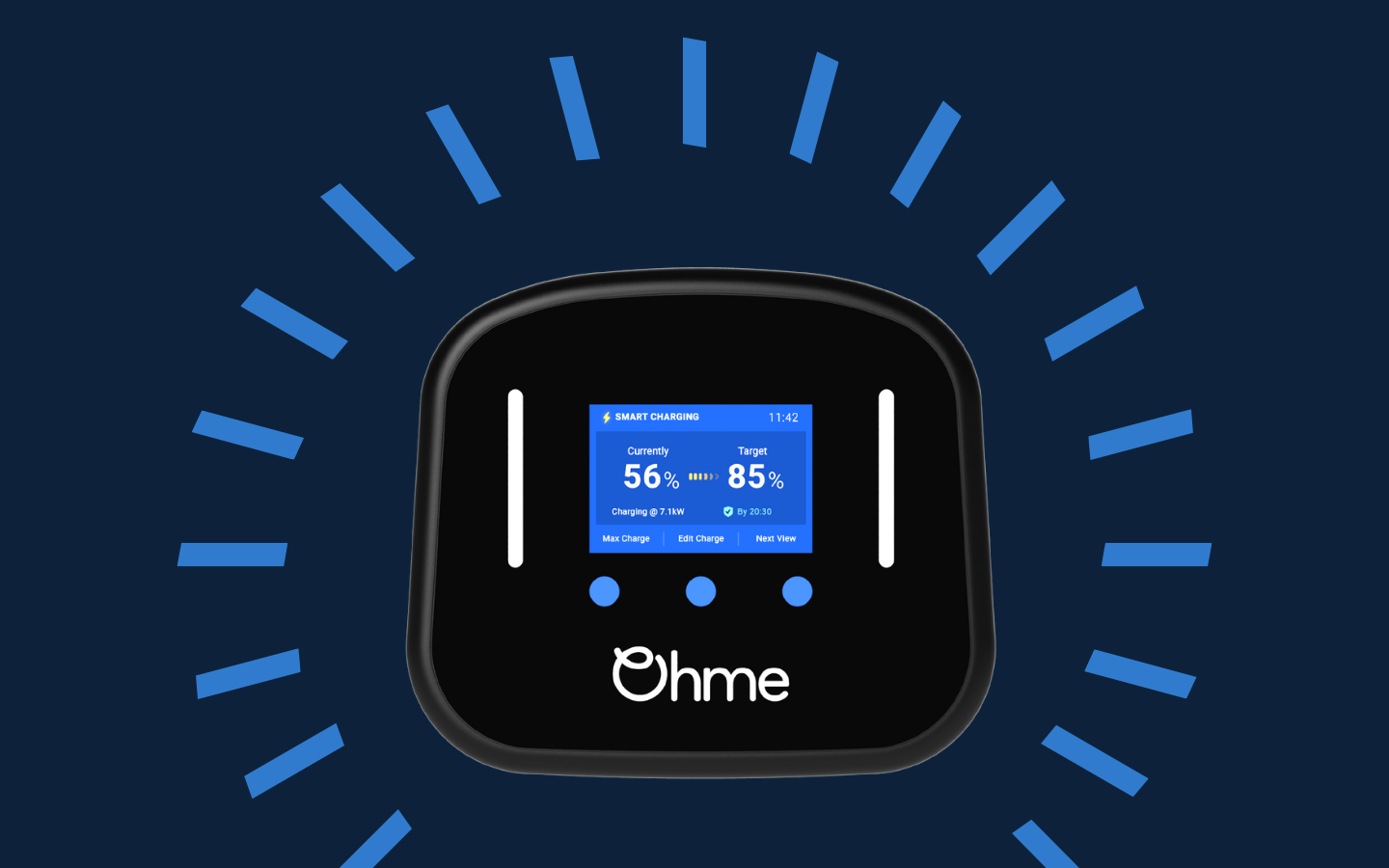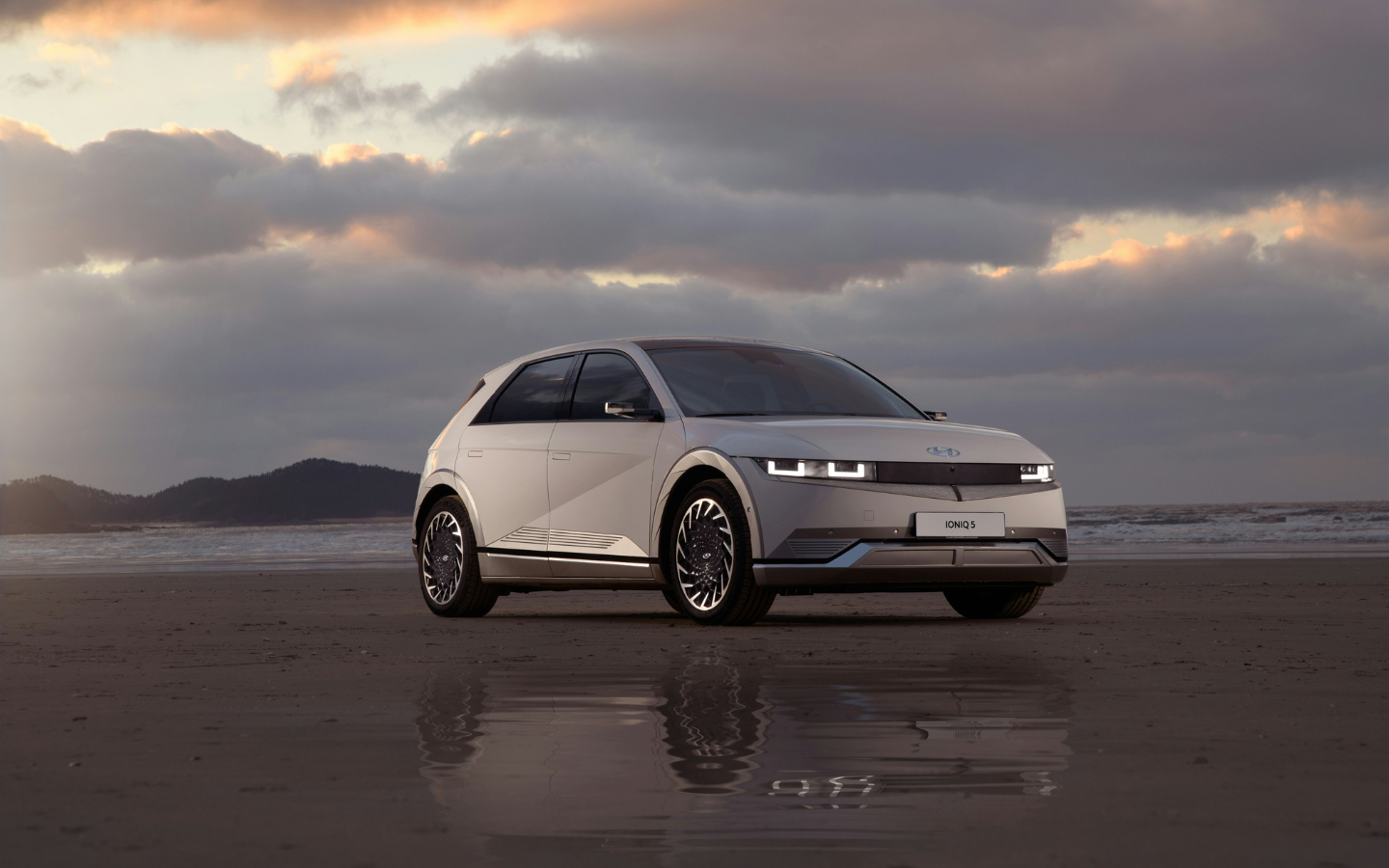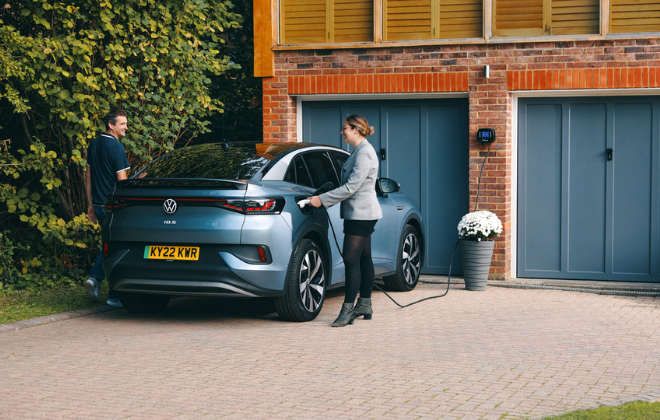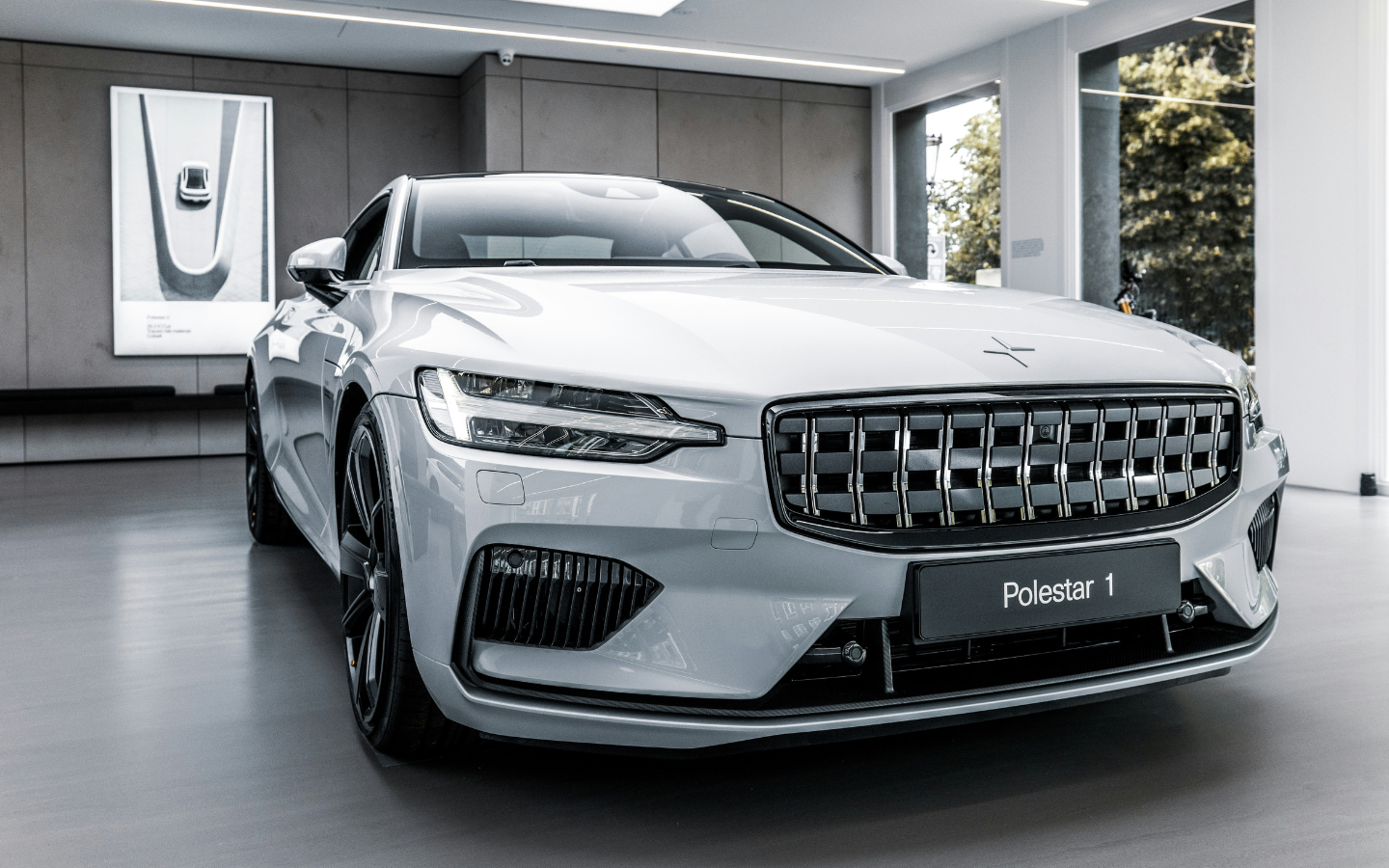

Do electric cars have exhausts?
If you’re new to the world of electric vehicles (EVs), you may be wondering what parts make an EV tick.
One of the main components that comes straight to mind is an exhaust, begging the question: do electric cars have exhausts?
Today, we answer just that and more. Keep reading to learn everything you need to know about electric vehicles and exhausts.
Quick summary:
In short, fully electric cars do not have an exhaust and emit no exhaust fumes due to the lack of an internal combustion engine. Instead, battery electric cars use an electric motor. On the other hand, due to internal differences, hybrid electric vehicles do have an exhaust.
Do electric cars have an exhaust system?
To start, it’s important to understand the different types of electric vehicles:
- Battery electric vehicles (BEVs): A battery electric vehicle does not have an internal combustion engine – an essential part of any petrol and diesel vehicle. Instead, electric cars have an electric motor powered by a lithium-ion battery.
- Plug-in hybrid electric vehicles (PHEVs): A plug-in hybrid electric vehicle has both an internal combustion engine (found in petrol and diesel vehicles) and an electric motor powered by a lithium-ion battery (found in fully electric cars).
Why is this important? Because the primary reason battery electric cars lack exhausts is due to their powertrain design. Unlike conventional internal combustion engine vehicles (ICE), electric cars use an electric motor powered by a lithium-ion battery pack to function.
In fact, battery electric vehicles are often referred to as Zero Emission Vehicles (ZEV) since they do not emit any exhaust gases, greenhouse gases, or harmful pollutants at the tailpipe. And since they don’t produce any harmful emissions, there’s no need for exhausts or parts such as catalytic converters.
And if, on the off chance, you do see a tailpipe on an electric vehicle, it’s not a functioning part – it’s a fake exhaust pipe for appearance’s sake.
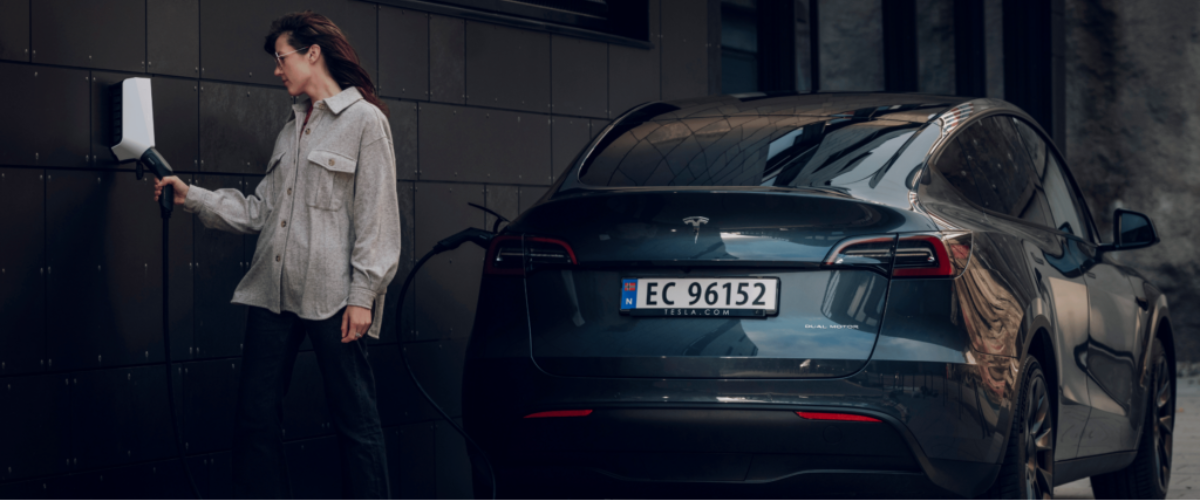
Do hybrid electric cars have exhaust pipes?
While battery electric vehicles are zero-emission, unfortunately, hybrid electric vehicles are not since they still use an internal combustion engine. Because of this, hybrid electric cars do have an exhaust because they house both an internal combustion engine and an electric motor.
Why are zero-emission vehicles better for the environment?
1. Reduced greenhouse gas emissions
Since EVs are zero-emission at the tailpipe, battery electric cars do not release carbon dioxide (CO2) and other greenhouse gases responsible for climate change.
2. Improved air quality
Traditional internal combustion engine vehicles such as petrol and diesel vehicles release harmful pollutants such as nitrogen oxides (NOx), particulate matter (PM), and volatile organic compounds (VOCs) into the atmosphere, causing various health problems such as respiratory issues. Electric cars are therefore better for the environment and air quality.
3. Renewable energy integration
The shift towards electric vehicles creates opportunities for using renewable energy sources to charge these cars. By harnessing solar energy (or wind with the Zappi) to charge your electric car, you can further reduce your carbon footprint.
4. Noise pollution reduction
Electric vehicles operate quietly compared to their gas-powered counterparts, with no active sound or engine noises. This reduces noise pollution in urban areas, leading to quieter and more peaceful surroundings for residents. And if you hear any exhaust sounds from an EV, it’s from the sound system, emitting a fake noise to warn pedestrians of movement.
What are the non-environmental benefits of zero-emission vehicles like EVs?
Not only are electric cars better for the environment due to their zero-emission nature, but their zero-emission status gets you discounted rates from certain charges in the UK, such as the Congestion Charge, the Ultra-Low Emission Zone, and road tax.
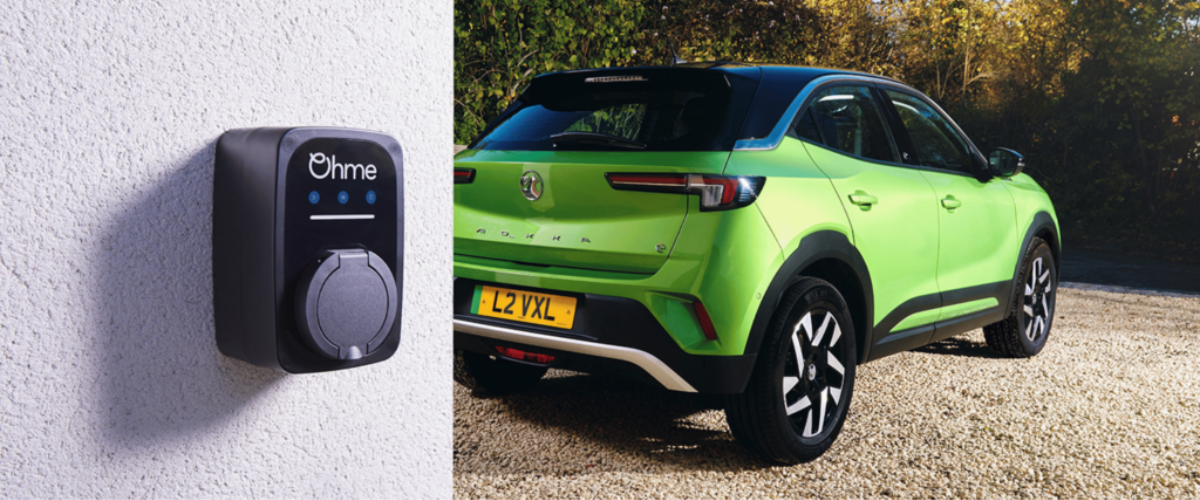
Are there any other zero-emission vehicles available?
Battery electric vehicles are the most well-known type of zero-emission vehicles, but hydrogen vehicles are also zero-emission.
Do Teslas have an exhaust?
Since Teslas are battery electric cars, they require no exhaust system; Teslas therefore do not have exhausts. In fact, the entire Tesla electric car range, including the Tesla Model 3 and Tesla Model Y, doesn’t have exhausts.
Do you have an electric car? Are you interested in cheaper, more convenient EV charging sessions?
As nationwide, DBS-checked, accredited and experienced OZEV-approved installers, we can supply and install EV chargers wherever you are, at home or away.
Call us on 03333 44 96 99, browse our range of electric car chargers, or get in contact below to discuss your options. We are ready and waiting to give free, unbiased and expert advice.
Struggling to decide on a charging point? Discover all you need to know about the best home EV chargers in our full 2026 guide.
Related articles_
Stay up to date on the latest from We Power Your Car_
I consent to receive newsletters from We Power Your Car. Please see our Privacy Policy
